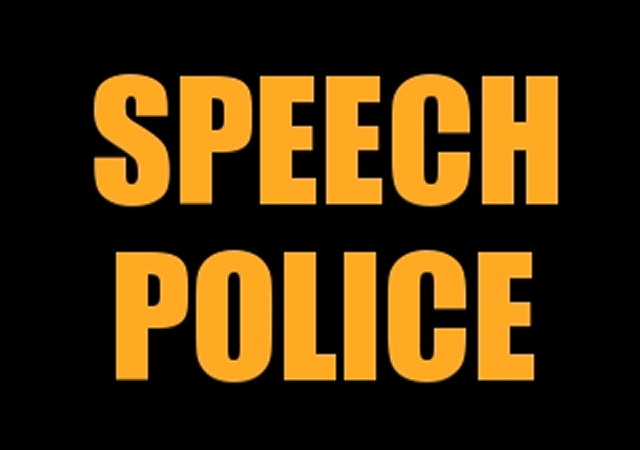Former Saint Vincent College Prof: Groupthink ‘Demonstrates the Moral Collapse of Higher Education’
“It took the administration only hours to cave to the woke mob, which was comprised of a handful of students and alums, an activist board member, and some local agitators.”

Professor Bradley C. S. Watson teaches at Hillsdale College. He resigned from Saint Vincent College after an incident this spring that he says is symbolic of what’s wrong with higher education.
He writes at the American Spectator:
What Happened At Saint Vincent College Demonstrates the Moral Collapse of Higher Education
Much has been written about the intellectual failings of America’s institutions of higher learning, including their ignorance — or outright suppression — of the achievements of Western civilization, to which the modern university owes its existence. Far less, however, has been said of their moral failings. The absence of the moral virtue of courage enables the pursuit of almost every other radical fad. In modeling cowardice, college administrators and faculty create generations of students incapable of self-governance — fainthearted scolds willing to accept, and demand, previously unimaginable levels of bureaucratic control over the lives of others.
A case in point is the institution from which I recently resigned my tenured position: Saint Vincent College. The oldest Benedictine college in the country, it was (until recently) an oasis of relative sanity. In addition to holding an endowed chair in political thought, I was the director of the college’s Center for Political and Economic Thought, a research and public affairs institute dedicated to the scholarly exposition of freedom, Western civilization, and the American experience.
It was one of the oldest collegiate centers of its kind in the nation. In April 2022, one of the center’s speakers (of the hundreds I had invited to campus over 23 years) aroused the ire of the administration. He gave a spirited talk denouncing affirmative action and arguing for the equal treatment of all Americans with respect to both law and cultural expectations.
In the days following the speech, the administration promptly lost all semblance of reason.
They apologized for the talk, claimed it was contrary to the Catholic mission of the college, accused the speaker of promoting division and bigotry, and announced the administrative takeover of the center, including an elaborate pre-approval process for all future speakers.
The kinds of speakers and topics that would henceforth be “off limits” at Saint Vincent were apparent to all. The immediate reaction of major Center for Political and Economic Thought donors was to walk away.
It took the administration only hours to cave to the woke mob, which was comprised of a handful of students and alums, an activist board member, and some local agitators.
Donations tax deductible
to the full extent allowed by law.








Comments
‘…and some local agitators.” Hey, if a trained community-agitator can win a Nobel and two presidential terms. Hey, bein a professional Karen beats workin.
Seems to be independent of race, too; it’s working out fine for Hoag-boy, who agitated his way into Harvard. He’s about to become a certified Karen, with plenty of practice along the way. (When does he have time for classes? One wonders.)
Nothing says “moral collapse of higher education” like the cowardly letter MIT alumni received from president L. Rafael Reif after the Dorian Abbot affair, in which he established numerous committees to crowdsource the Institute’s moral principles for him:
At some point, I expected Reif to announce he was also going to fire all the faculty and just have the students teach each other, since there was apparently no way to tell for sure whose job it was to know better than anybody else.